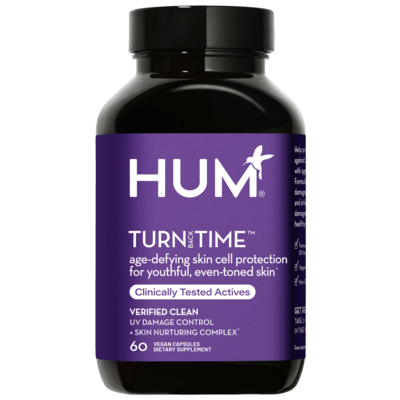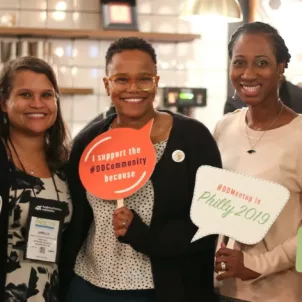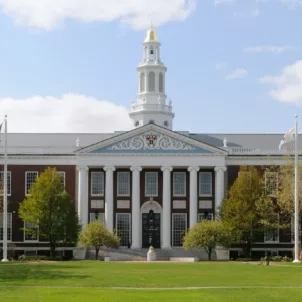Forget what you’ve been told about the inevitability of aging. In fact, the rate at which we age has a lot more to do with the small choices we make every single day. To learn more, we reached out to Dr. David Sinclair, PhD, a leading researcher in anti-aging and longevity at Harvard Medical School. In his lab, they don’t just research how to slow down aging, but also how they can reverse it.
Here are our five biggest takeaways on increasing longevity and wellbeing as we age. For more learnings, be sure to check out Dr. David Sinclair’s new book Lifespan: Why We Age and Why We Don’t Have To.
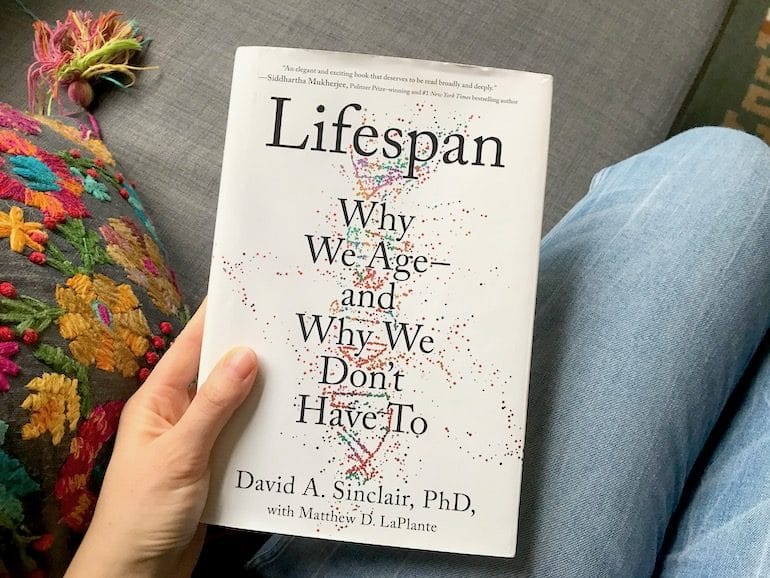
5 Lessons In Longevity with Dr. David Sinclair
1. We have more control over aging than we think
But isn’t longevity hereditary? While our lifespan is partially influenced by our genetics, it’s really only a small part. “Only 20 percent of our lifespan is determined by our parents,” Dr. Sinclair tells us. “The rest is up to us.”
Consider, for instance, that life expectancy in the US has increased by almost twenty years just in the last fifty years. Our genes haven’t changed, but our lifestyles and environments have. Indeed, advances in modern medicine have come a long way in eradicating deaths from diseases. Dr. Sinclair’s lab works on how we can improve longevity even after you remove diseases from the equation.
“Even if we stopped cancer and heart disease individually today, we would only live another couple of years because we come up against aging itself. The only way to make meaningful gains in health and longevity is to address the root causes of these diseases, which is aging itself.” To do so, Dr. Sinclair’s lab investigates how our genes can best express themselves for optimal longevity.
2. Longevity is not just about living longer, it’s about living better
Dr. Sinclair’s research on longevity isn’t just about extending our lifespan by the numbers. It’s about improving our quality of life at these older ages.
“One misconception is that research like mine will keep people in nursing homes for longer because they imagine what it’s like to be ninety. But what we’re talking about is actually keeping people younger for longer so they will not have to go into nursing homes,” he shares. “People aren’t scared of getting old. They’re scared of losing their health, and their humanity.”
3. A little bit of deprivation can actually be a good thing
Modern living is very comfortable, but a little discomfort can actually encourage greater longevity.
“We’ve realized that all life on the planet does better when it thinks we’re under threat of survival, or perceived adversity,” Dr. Sinclair shares. “In our lab, we call it hormesis. It’s the scientific term for ‘whatever doesn’t kill you, makes you stronger—and live longer.’ What it essentially means is that we have these in-built protective systems, longevity genes, and they are only activated when we’re hungry, or exercising, or doing something that tricks our bodies into thinking times will be tough.”
In his personal routine, Dr. Sinclair exercises regularly and tries to skip one meal a day.
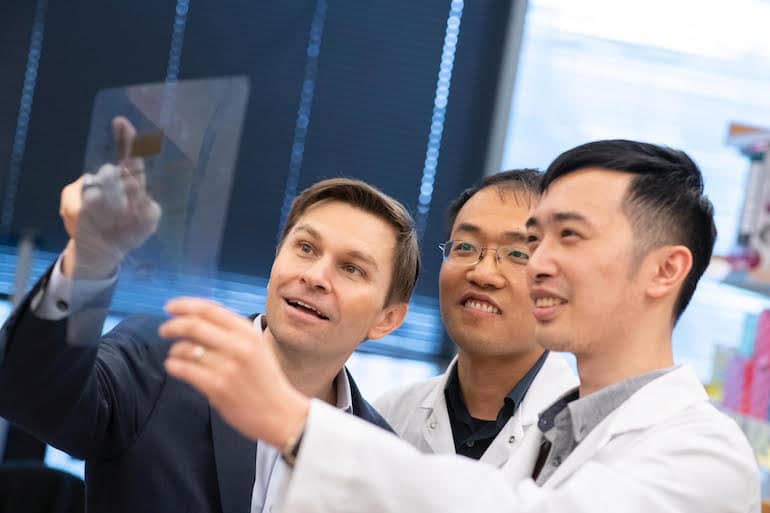
4. Eat more plants… and drink red wine
“There’s a set of longevity genes that are helpful when you don’t have a lot of meat,” Dr. Sinclair explains. For example, a longevity pathway called nTor is sensitive to the number of amino acids that come into the body. In particular, to some of the branched-chain amino acids that are more abundant in animal products.
“What’s good about having low levels of branched-chain amino acids is, first of all, you’ll probably be less hungry. But second of all, you’ll turn on those nTor defensive pathways that, at least in the lab, extends lifespan of animals quite dramatically—even late in life when it’s applied.”
Plants have another resiliency benefit. “They make molecules that turn on their own defenses,” he shares.
“We have a theory called xenohormesis and that’s the idea that stressed plants make molecules that help them, but also when we eat those plants we turn on our defenses.” In following this theory, eating stressed plants that have been exposed to a lot of sun before harvest can help activate our body’s natural defenses.
“The best example is resveratrol in grapes. We bottle that in red wine and we’ve found resveratrol activates a particular longevity pathway in the body. That’s in part why we think red wine over the long run can be healthy.”
5. It’s never too late to implement preventative measures for aging
The best time to start implementing anti-aging tactics is right now, no matter your age. Of course, the earlier you can start, the better. However, “It’s never really too late,” Dr. Sinclair reassures us. A prime example? His father.
“My father has been implementing changes and he’s now 80,” he shares. “He has small meals, he focuses on plants, he eats dark, green, leafy vegetables and isn’t looking back at all.” Even at his advanced age, his father is as physically fit as someone in their 20s or 30s.
“If we can eat the right things, and move a little bit, that’s already a big change in people’s lives. It’s all those simple things that we need to start with, and then add the science on top of that. That’s why I’m optimistic that it’s doable. The only thing that’s holding us back is the will to do it.”
To learn more about Dr. David Sinclair’s work, read his book, Lifespan, or follow him on Instagram @davidsinclairphd.


